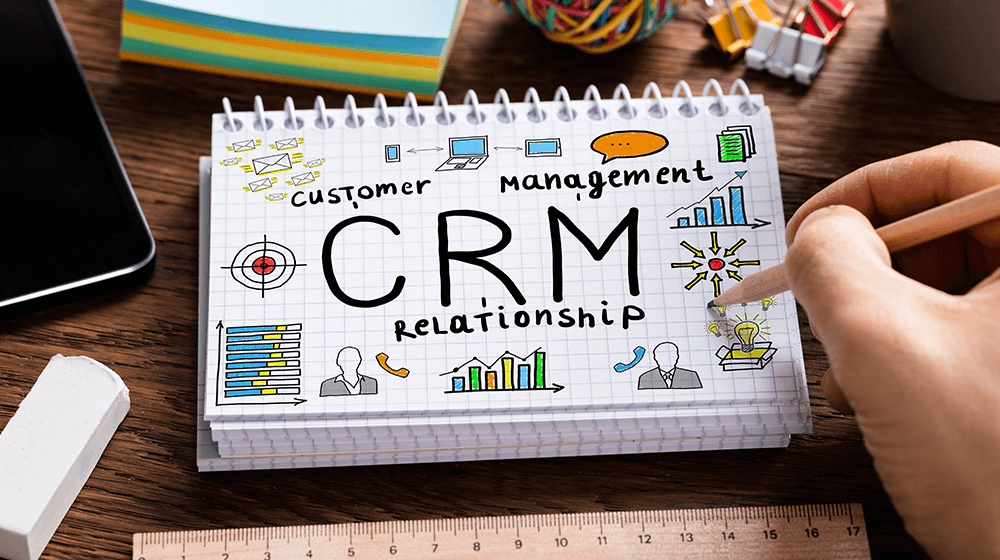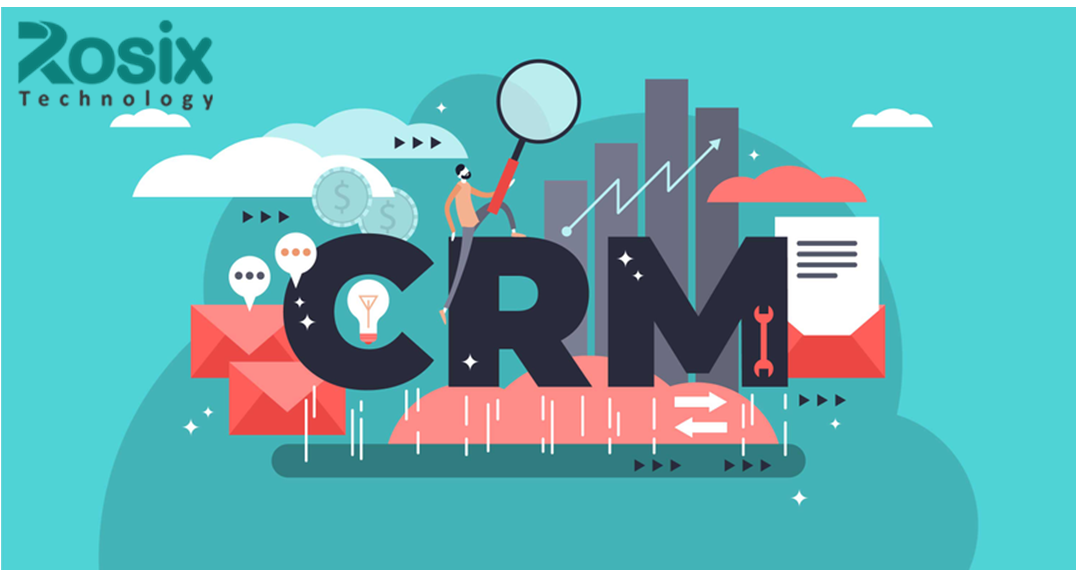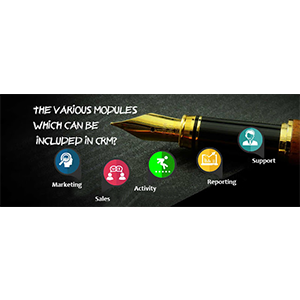
How Does CRM Increase Sales
CRM helps you handle business processes easily, but you
shouldn’t just view it as a tool to improve customer service and make things
easier for everyone. When employed effectively, CRM should be seen as an important means to the benefits of
improving efficiency, boosting sales
and turning prospects into customers. It has a proven track record of increasing sales, productivity and forecast accuracy. This guide will show you how to
use CRM to increase sales easily and
effectively.
1.
Share Information across Your Sales Team
If your business processes aren’t co-ordinated, it can
cause a lot of unnecessary hassle and time-wasting. Not only does having
everyone on the same page keeps everyone informed with up-to -date information,
but it will reduce the risk of senseless mistakes that can make your business
seem unprofessional. A CRM system can store all of the relevant information and
share it across your team, so everyone knows about the progress of sales, and
no unnecessary work is expended.
2. Track Sales
You need to be constantly monitoring your sales cycle if
you wish to close sales and maintain relationships. Using CRM to keep an eye on
your sales cycle can help you to fix any flaws in your methods in order to
improve your sales. Each stage of the process can be supervised by CRM, which
can tell you what is working, what isn’t and what needs to be done.
3. Learn About Your Customers
CRM can help your sales team garner a surprising amount
of data from research on their behaviour such as social media activity, coupled
with effective and reliable data entry. This information can boost sales by
proposing custom offers to clients based on what you know about them.
You can also discover which customer segments are
valuable to you. Naturally there will be certain groups in your customer base
that are willing to spend more on your product or service, or consume fewer
resources, and are therefore more valuable to your business than others. You
can increase sales significantly by targeting these segments.
4. Reporting
Being able to easily generate reports can help your
business get more out of the data you have collected, which can be used to make
decisions and implement strategies. CRM provides dashboards and automation
features which removes any need to manually collect information for reports.
Unlike manual reporting, CRM displays information on demand and in real time.
5. Alerts
Keeping on top of all of your business processes is
tricky without CRM software. A CRM can contain an alert function that notifies
your staff of events or actions that need to or are about to occur. If an order
hasn’t shipped or a lead is at a loose end, then a CRM solution can inform your
team.
6. Task Management
Task management is essential to handle your most vital
responsibilities. Being able to manage customer accounts efficiently can make
directing upsells and cross-sells to them easier and can generate more business
for you. A CRM system can automatically prioritise and notify you of any
actions that need to be taken on immediately, so that the relationship and
dialogue you have with your customers can be effectively maintained and
developed.
7. Capturing Leads
Capturing leads is a very simple and direct way of
boosting sales. CRM can monitor form fills, which allows your team to be
notified of any interested in a particular landing page on your website. This
gives you the ability to follow up this interest with a phone call. You can
customise your CRM software so you can be notified as to when someone has
clicked onto your site, providing as much information as possible for your
pitch to them.
8. Customer Service
CRM benefits your customers as well as your company. It
provides a system that allows your team to communicate with customers, using
data collected by the software to improve the solutions offered for their
problems.
9. Integrating with Website & Social Media
Recent Posts

11 Ways CRM can benefit your business.
03 Oct 2022




